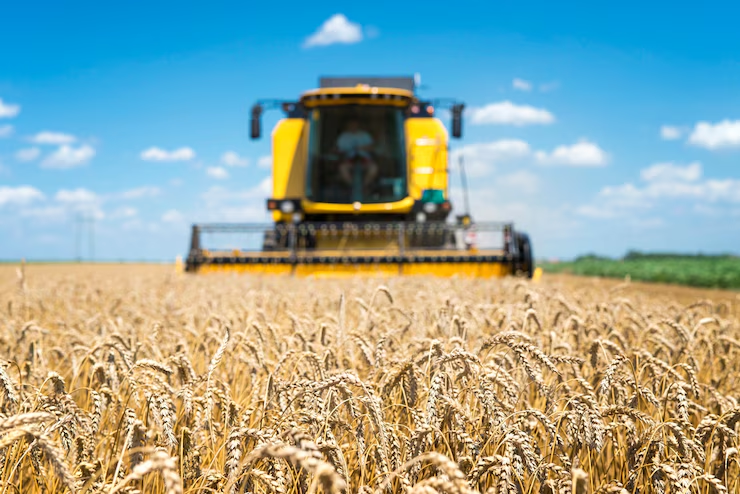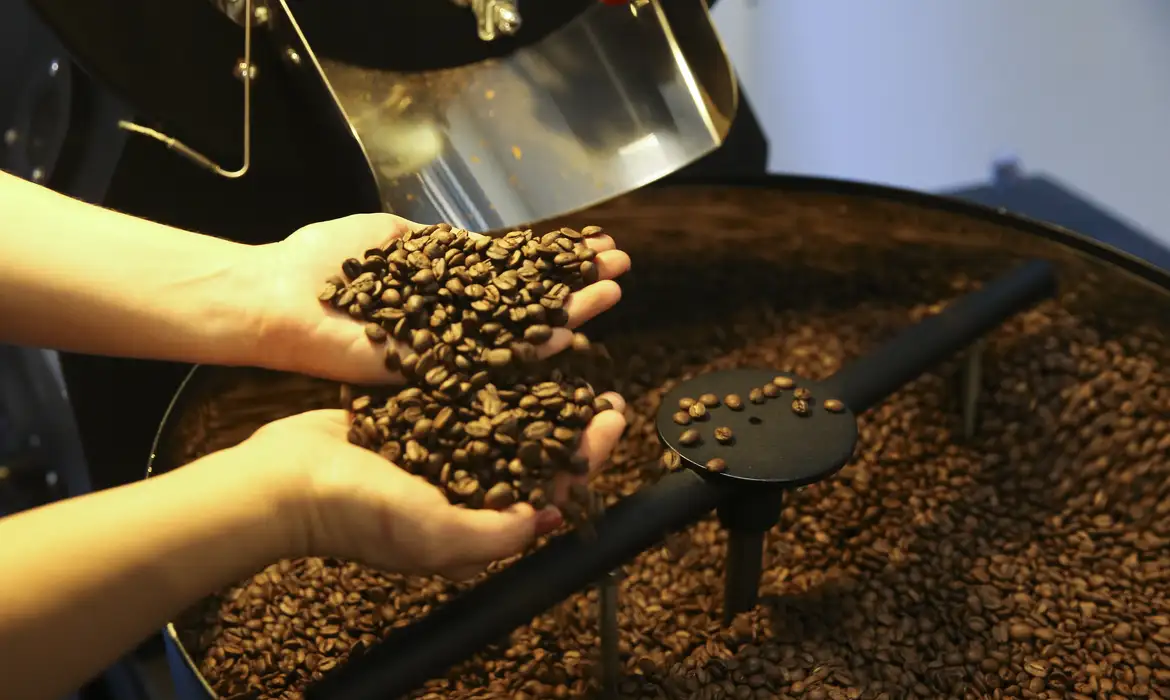Brazil is the only country capable of doubling fertilizer production over the next 5 years

“If we can look at countries that, at the same time, have more than 100 million inhabitants, more than 2 million km² and a GDP greater than US$ 1 trillion, that leaves five countries in the world. We are one of these five countries in the world”, added the director. Tortorella also commented that the PNF brings a fundamental balance to the sector.
The event was also attended by the executive director of the National Union of Fertilizer Raw Material Industries (Sinprifert), Bernardo Silva. According to him, it is extremely important for Brazil to have a government plan geared towards its own production of fertilizers.
“The fertilizer problem did not start with the pandemic, it did not start with the war in Ukraine. We see national production being stagnant over the last 30 years, while imports rose by more than 600%, due to lack of planning, coordination and mistaken policies that favored imports, when we have full capacity in Brazil produce fertilizers”, he adds.
Silva says that, last year, Brazil produced around 7.5 million tons of NPK and that, under the right conditions, this production could be almost doubled, as the country has an installed capacity of almost 13 million tons of NPK.
“If we look at the long-term National Fertilizer Plan, by 2050, Brazil would be able to produce almost 25 million tons of NPK, if all the actions contained in the plan are implemented”, he points out.
One of the parliamentarians present at the debate was Senator Laércio Oliveira (PP-PE), who pointed out that Brazil spends approximately U$ 15 billion on fertilizer imports per year. “I hear a lot of talk today about the incentive policy, that Brazil forgoes billions or trillions with incentives. I think that reviewing this agenda is important, yes, but Brazil needs to be aware that the National Fertilizer Policy, well applied, is important to develop the country”, he emphasizes.
National Plan of Fertilizers
The National Fertilizer Plan aims to plan the sector by 2050 and develop national agribusiness, focusing on the main links in the chain: traditional industry, rural producers, emerging chains, new technologies, use of mineral inputs, innovation and environmental sustainability.
The PNF began to be prepared in 2021 and was formalized by decree of March 11, 2022. The document also creates the National Council of Fertilizers and Plant Nutrition, an advisory and deliberative body that coordinates and monitors the implementation of the National Fertilizer Plan.
The implementation of PNF actions may minimize the external dependence on these nutrients, mainly imported from Russia, China, Canada, Morocco and Belarus. United States, Qatar, Israel, Egypt and Germany complete the list of the top ten exporters of fertilizers to Brazil in 2021, according to data from the then Ministry of Economy.
See more:
War between Russia and Ukraine raises fertilizer prices by more than 140% and oil by about 70%
Government must prevent abusive prices of fertilizers, defends author of inspection proposal
By Brasil 61




